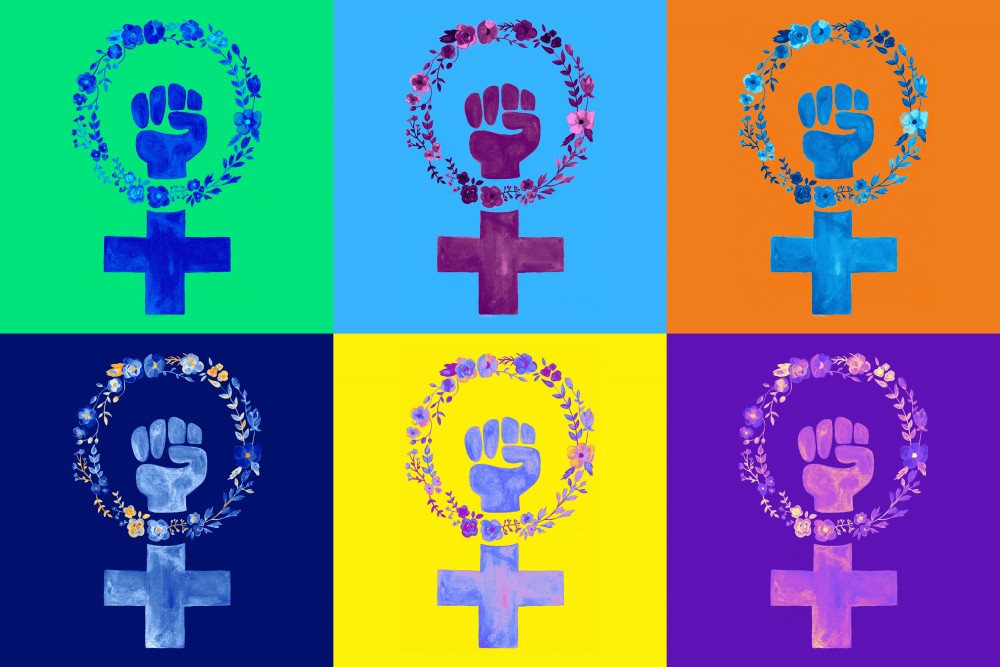A historian, a NASA astronaut, a TV personality, an NPR blogger, a creative director, an entrepreneur and an environmental journalist walk into an auditorium. What do all of these people have in common?For starters, they’re women. They have something to say, and they’re ready for people to listen.
These women won’t all be taking the stage at the same time.There’s simply too much to be said, and they know better than to talk over one another.
Instead, their voices will work together to form the new honors lecture series, “Six Women. Six Topics. Six Perspectives.” Installments will run through April, and the first took place on Monday.
Matt Bribitzer-Stull was hired in May to be the new director of the University Honors Program.One of his first orders of business was to curate non-course experiences for students where they could remain engaged outside of the classroom. He pitched the lecture series in his interview.
Because speakers are usually booked six to 12 months in advance, organizers had to figure out who they could get on short notice.
Bribitzer-Stull is good friends with NPR pop culture blogger Linda Holmes of Monkey See who agreed to take part in the series. The Honors Program has a partnership with the Astronaut Scholarship Foundation, which offers an astronaut speaker every year. Friends of the Libraries got the New Yorker’s Elizabeth Kolbert on board, and things started to come together.
“You’re sitting in an auditorium, so it feels like you’re going to a movie or performance. You’re with a more diverse group of people, and you have someone who’s coming to speak not for the purpose of a class or as a professor. There’s no inevitability of an upcoming test,” Bribitzer-Stull said. “It’s a way to get students thinking across disciplines.”
The lecture series offers attendees the ability to engage directly with those they might not otherwise have a chance to talk to. Allspeakers will be taking questions.
The series’ first lecture took place Monday at Ted Mann Concert Hall. Macalester College history professor Karin Velez’s lecture titled “‘Well-Behaved Women (and Animals) Seldom Make History’: Questioning Behavior Standards in the History of Religion,” was the evening’s headline.
Vélez’s main question, “How do well-behaved women make history?” was never soundly answered, and that was the point.
Conversation turned from the world’s collective interpretation of Mary as the ideal woman to the Gorgon Effect and jaguars. Of course, discussion followed.
The next speaker featured in the series will be NASA’s Mary Cleave. She’llpresent her lecture, “Being a Woman at NASA in the 1980s and 90s” at Ted Mann Concert Hall on Oct. 25.Tickets are free.
Though the events are ticketed one-by-one, Bribitzer-Stull suggests attending multiple and treating the series as a whole experience.
“I [once] had Richard Wagner’s “Tristan und Isolde” mentioned in four classes in the same week … I’m hoping that through serendipity there will be some points of connection or commonality that draw together the experience of these lectures — just going to a class,” he said.


